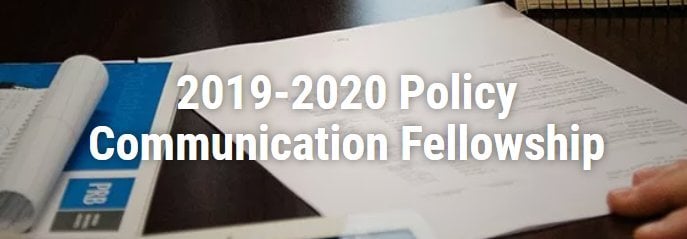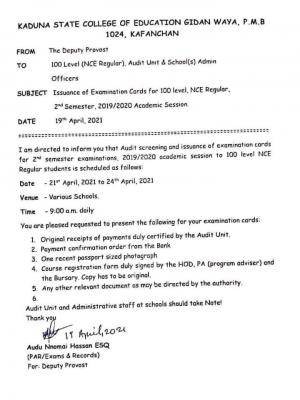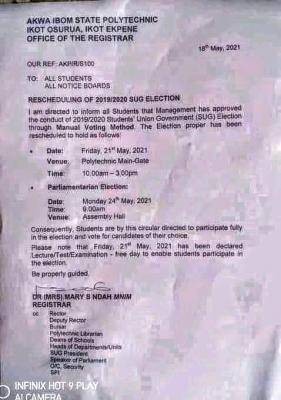

The Policy Communication Fellows Program seeks to train the next generation of leaders shaping policy in their countries. The program is jointly hosted by PRB and AFIDEP in Lilongwe, Malawi. Fellows will learn, firsthand, local advocacy priorities and policy landscapes and how to tailor their research messages to relevant policy audiences. Fellows are mentored throughout the program on different strategies to effectively communicate their findings to nontechnical audiences. The Policy Fellows program is committed to providing an enriching, cutting-edge experience for participants that reflects the diverse and constantly evolving landscape of policy and communications.
The year-long fellowship program engages participants through a blended learning approach. Fellows are required to attend a weeklong training workshop, complete instructional curricula online, and submit assignments throughout the fellowship.
The program has three components:
Online Coursework: Throughout the yearlong fellowship, participants will be required to attend short online lectures and complete associated assignments to supplement the in-person training. Fellows are expected to join one orientation webinar prior to the summer institute, as well as attend post-institute online lectures throughout the year.
Similar Posts:
Summer Institute: Participants will attend a weeklong policy and communication workshop focused on the role of research in the policy process and techniques for effective communication of research findings to decisionmakers. At the summer institute, participants will interact with PRB staff and local experts active in policy research and communication. During the training, participants are asked to work with their own research data to identify the policy relevance of their findings; Fellows will learn how to draw implications from those findings and communicate them effectively to policy audiences through a variety of platforms. The date of the summer institute will be announced in March 2019.
Policy Communication Assignments: During the 2019-2020 academic year, Fellows will apply the skills learned at the workshop to prepare written assignments and an oral presentation for policy audiences, based on their dissertation research. Throughout the assignments, Fellows will receive individual feedback from policy communication experts.
Population Reference Bureau (PRB) Policy Communication Fellowship Eligibility.
- All participants must be citizens of developing countries that are supported by USAID population and health funding. You can view the list of eligible countries online.
- In addition, participants must be currently enrolled in doctoral programs at reputable academic institutions, and between their 3rd and 5th year of studies. PRB gives priority to applicants whose dissertation research is focused on the topic areas noted above and who are in an early stage of their career. This program takes place in English, and applicants must demonstrate that they can effectively communicate their research in English through their application materials.
- These are the countries that are supported by USAID Population funding as of December 2018, and therefore are the only countries from which participants are eligible for the Policy Communication Fellows Program: Afghanistan, Bangladesh, Democratic Republic of Congo, Ethiopia, Ghana, Guinea, Haiti, India, Kenya, Liberia, Madagascar, Malawi, Mali, Mozambique, Nepal, Nigeria, Pakistan, Philippines, Rwanda, Senegal, South Sudan, Tanzania, Uganda, Yemen, and Zambia.
Population Reference Bureau (PRB) Policy Communication Fellowship Benefits.
During the summer institute, participants will stay in a hotel or dormitory very near to the workshop location. Fellows typically share rooms (two per room). A per diem allowance is provided to cover meals and incidental expenses.
How to Apply for Population Reference Bureau (PRB) Policy Communication Fellowship.
Applicants must submit the following to PRB and AFIDEP:
- Cover letter stating why you wish to participate in this program.
- Application form.
- Updated resume with a full list of educational and other professional activities.
- Two- or three-page summary of the applicant’s dissertation research.
- Two letters of reference sent directly from the person writing the reference (via email).
Completed applications, letters of reference, or questions about the program should be sent via e-mail to: [email protected].
The deadline for applying is Feb. 12, 2019. The Fellowship awards will be announced in March 2019.
RECOMMENDED: Check Here for More Scholarships and Opportunities.



